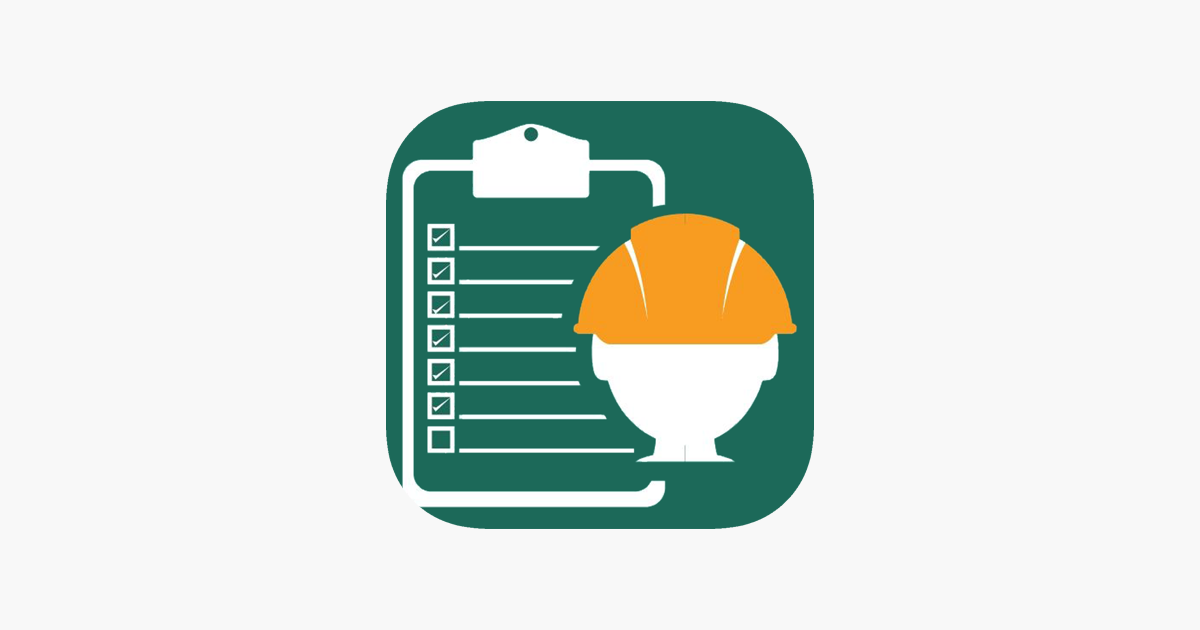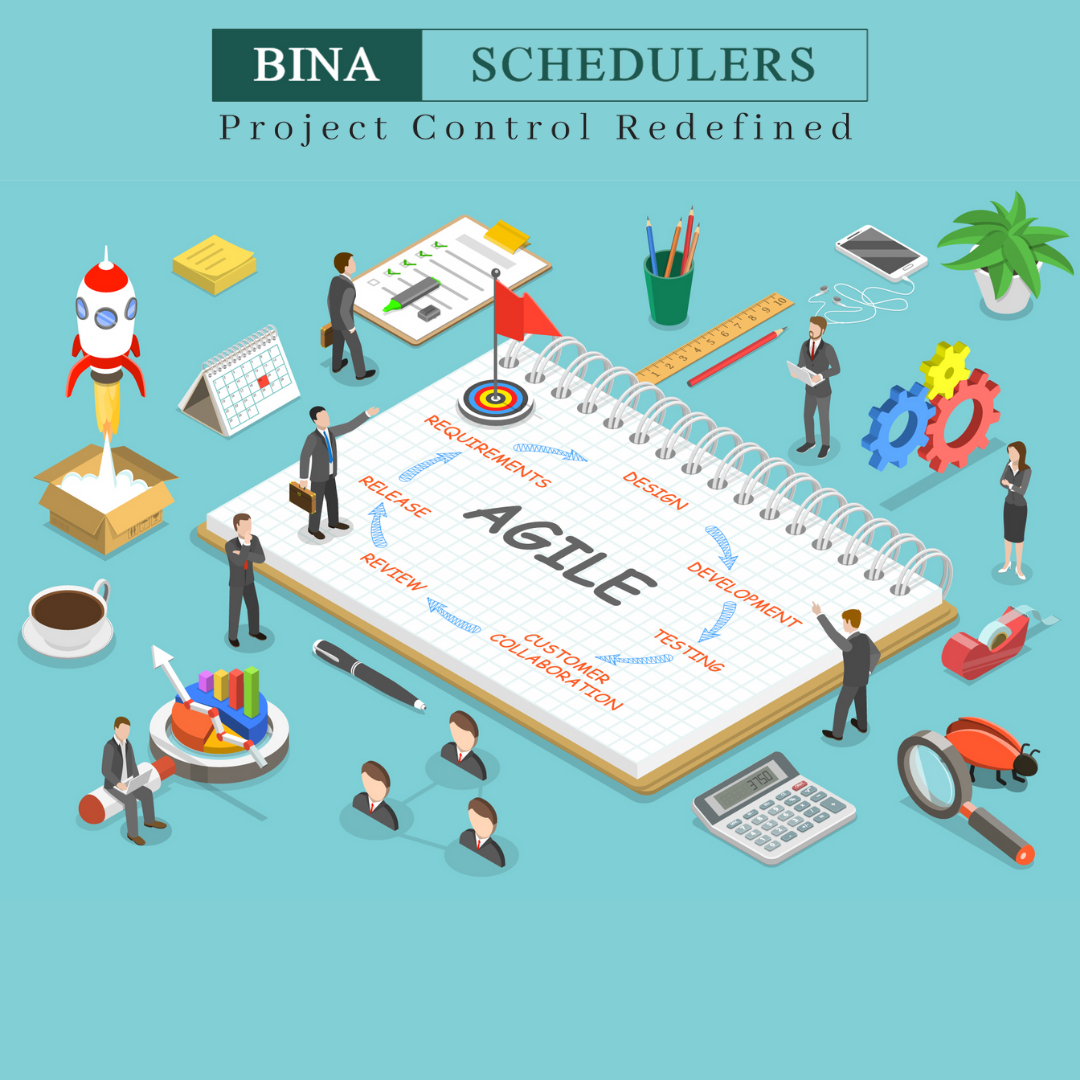
Are you preparing to become a project manager but you don’t know where to start?
We’ve put together an extensive guide for you to serve as a beginning point and reference for your future career as a project manager. You can now start being part of this line of work right away by reading the basics of each aspect of a project manager’s career growth.
Here are thing you should consider before starting a project management career:
-
What does being a project manager actually mean?
The basic personality traits of a good project manager.
-
A project manager’s skills:
Find out if you have the skills needed to be a part of the project management field.
-
What does a project manager actually do?
An analysis of the most common project management responsibilities on the current job market.
-
What’s the secret of a project management career?
Tips on becoming better in the project management profession.
-
How to become a project manager:
Education and the most important project management certificates you can get out there.
-
Project manager salary:
Know how much to ask for according to your experience level.
-
Project manager career problems:
Find out how project management experts dealt with problems when they were beginners and prepare to successfully face any issues you might encounter.
-
Ways of managing projects and product development:
Agile, Waterfall, Scrum, Lean and many more.
-
Tools and resources:
Collaboration tools, video chat systems, project management software and all the apps that project managers need to start a project.
What does being a project manager actually mean?
Are you always the leader or your group who likes to keep everything and everyone organised and with a goal in mind?
If your answer is yes, you could be on your way to a career in project management.
Project management is one of the most complex fields of work out there. Be prepared for a true adventure you’ll never get bored of. There is no space for dullness in this profession. A project manager is responsible for leading an entire project through initiation, planning, execution, control and completion.
Project managers always work in a team. They are most often sociable and great team players. As a project manager, you will need to adapt to different people, cultures, environment and situations. Being flexible is key to team communication since you’ll be the builder and controller of the team.
To be a great project manager, you have to be a team leader, co-worker, and supervisor at the same time. This is one of the most challenging careers as no day will be the same and you will need all of your project management skills to solve every problem. Also, you’ll be the first person your team goes to when a problem occurs. They might expect you to hold the answers to any inquiry. But this is what makes the project management career path interesting.
You’ll deal with both formal and informal interactions. If you believe that you’re a person that knows people well from the second you meet them, this might be the right career path for you. Essentially, project managers are similar to psychologists. They know exactly what problems, desires and expectations employees and clients have. However, despite being a people’s person, a project manager won’t get emotionally involved in their projects.
Some of your duties in your career as a project manager will include:
-
Taking part in the creation process
-
Executing the project
-
Preparing communication methods
-
Finding solutions to recurring issues
-
Monitoring the project’s progress from start to finish
-
Ensure you team is actually getting things done
-
And many more
To put it briefly, you’ll be responsible for connecting each project to the business world and to its clients.
You must be aware that the entire responsibility of the project’s success will fall on your shoulders. You will be held accountable for any mistakes that your team makes or for any client complaints. In this position, you’ll focus both on the accuracy of your work and that of your team.
The profession is always changing and facing new demands. If you’re the kind of person who prefers diversity, this type of careers you’ll never get bored of. You can always switch the project you’re working on, the team you interact with, the industry you’re involved in and even the processes and tools to ease your work. No project is the same, yet your expertise in this field will prove helpful whenever you’ll come across similar situations and issues for the future. Similarly, your past experience will be essential to solving problems quickly.
A project manager’s skill
Knowledge of project management is sometimes just not enough for you to become a great project manager. As discussed above, you need soft skills as well. Being a good communicator and an open leader is not enough. Tackling daily project management challenges also requires accountability, adaptability, analytical and strategic thinking, decisiveness, a stress-resistant personality and even a bit of love for risk-taking. Being a multi tasker with great written and oral communication skills can place you among the top project managers in your sector.
When it comes to hard skills, you should be aware that there is no specific project management skill. In fact, depending on the project, you’ll have to know a bit of everything. General business knowledge is highly desired. Don’t worry though, you don’t need to be an expert in technical skills such as coding. However, being able to give accurate and detailed tasks to your developers is important. Leading a project is all about making sure that your team members lack no information that’s crucial to successfully finish a task and delivering the final project.
The key to creating a mind map is to settle on one core idea from which you can expand your strategy. Visualizing the idea makes it easier to examine - you use multiple facilities to study the concept, which generates more critical thinking. When designing a mind map, use a few colours to code the division in ideas, processes or project steps. This will make absorbing the concept easier for everyone involved. When presenting the project plan and mind map to external stakeholders, brand it with your logo and brand colours to make your business stand out.
Another important skill is understanding the resource allocation, being able to determine the proper timing of the resources needed within the project schedule. Regardless if you run a small business or a large one, choosing the best online resource management software can ease your work a lot.
You should have an adequate level of knowledge to spot an issue and suggest possible solutions At the same time, you should know that many project managers have had previous other jobs such as software developers, marketing managers, accountants, designers and so on. This means that they hold the required solid knowledge for projects related to their previous fields of interest.
If you’re one of these people, you might be one step ahead of the others; but you must keep in mind that you’ll also need to develop your own knowledge of project management processes, frameworks and people management. You might be used to working individually, but project management is all about teamwork. Don’t panic if you end up realizing that working in a project manager position is not a right fit for you. This profession creates many new opportunities and pathways for other future careers.
Take a look at the skills of the most successful project managers and find out if you have what it takes to become like them and what you have to improve:
-
Solid understanding of business cases and risk management processes
-
Expert knowledge to meet specific circumstances
-
Proven project management and self-management skills
-
Strong leadership skills
-
Ability to monitor and control budgets
-
Critical thinking
-
Good communication and negotiation skills
-
Capability to make decisions under pressure
-
Strong interpersonal skills necessary to lead a team
-
Ability to define situations, document data, and draw conclusions
-
Strong business acumen
-
Ability to interpret instructions regardless of their form
-
Strong organizational and multitasking skills
-
Creative mindset
-
Strong business acumen
-
Analytical skills
-
Accuracy and attention to detail
-
Excellent time management skills
-
Capacity to maintain schedules and meet deadlines
-
Problem solving skills
-
Self-motivation
-
Accountability
-
Work ethic
-
Working knowledge of project management tools
What does a project manager actually do?
Depending on the industry you work in, your duties might differ.
We have analysis over 200 LinkedIn worldwide job postings and compiled this list of the most common project manager responsibilities:
-
Direct all project management phases
-
Set and manage project expectations with external and internal stakeholders
-
Coordinate and track various projects through an entire project lifecycle
-
Develop a detailed project management plan to track project progress
-
Mentor, motivate, and supervise project team members
-
Develop professional business relationships
-
Define the overall scope of the project
-
Prioritize the tasks of the project
-
Create and continuously update the project documentation
-
Create accurate forecasts for revenue and resource requirements
-
Partner with all departments to ensure work is done according to demands
-
Establish effective communication
-
Ensure team members have all the necessary information
-
Track work times and maintain accurate daily time sheets
-
Ensure project tasks are executed and reviewed within the predefined scope
-
Align various teams to maintain the quality of deliverables
-
Report and escalate issues to management when necessary
-
Conduct project status meetings, daily stand-ups, and retrospective meetings
-
Continuously follow up on the progress, risks, and opportunities of the project
-
Focus on customer satisfaction
-
Manage projects through KPIs
-
Manage budgets and billings
-
Act as the main customer contact for project activities
-
Make recommendations for project improvements
-
Conduct workshops and trainings
-
Obtain customer input
-
Measure project performance using appropriate systems, tools, and techniques
-
Evaluate team performance
What's the secret of a project management career path?
There is no definite secret. Project managers are good at their jobs for various reasons.
Thinking that you hold the secrets of this job can make you believe that you’re prepared for any situation. Nevertheless, there are many problems that could occur anytime, making it impossible for you to know how to solve them without too much struggle. For this reason, it’s better to focus on being a great professional rather than on hunting down the secrets of success. Doing what the best PMs are doing won’t guarantee that you’ll become successful like them. Being passionate and open to change whenever something is not working right though is more important. The project management world is one of the most dynamic business environments. You should be able to adapt to its changing nature and become comfortable in it.
Another tip that project managers might hesitate to share has to do with the use of project management tools. These apps can automate their tasks and help them manage projects with ease. Finding the best tools often takes a lot of time and testing. Also, the apps and techniques you’ll use can depend on your style of work.
More experienced project managers might even be able to tell you some secrets that you’ll find nowhere else. The true secrets of this profession come only with experience. Making mistakes and learning from them is a valid statement even in project management.
Meanwhile, some of the things that you can test are: making sure that you understand the client’s requirements, picking the right team members, being able to create tasks in detail, making sure you have the best tools and systems for finishing the project, focusing on the real issues, setting reasonable requirements, always taking failure into consideration, and creating backup plans.
How to become a project manager
Where should you actually start your education to become a project manager?
Before you begin your project management journey you have to see if this career is right for you. Read the stories of other project managers, reach out to them, ask questions, or try a project management internship. Additionally, you can take some introductory online courses to get your first look at this subject. Usually, these courses provide tasks and assignments designed to make you interact with this business branch and see if you can handle its responsibilities.
Before you start looking for a project manager job, write down all of the aspects that your future workplace must have and make a list of what you never want to deal with in your following career. Don’t rush into getting a job just for the sake of working. If you’re an entry-level project manager, you should find a work environment that allows you to grow through all project manager levels and learn more from your coworkers.
This takes us to the importance of having a mentor at the beginning of your project manager career. We’ve previously talked about how you could research the activity of other project managers before deciding whether this path is right for you or not. A role model can shape your entire career. This is the reason why you should find a skilled project manager who’d be able to allocate part of his time to teach you what he already knows. By working close to their side, you’ll master project management methods, methodologies, frameworks, processes, and best practices. This will also ease your process of becoming a project manager. A mentor’s purpose is also to honestly highlight your mistakes so that you can use them to further develop yourself.
Know that finding compatible project managers who want to share their wisdom and knowledge can be rather difficult. Most, however, will be willing to do this in return for some help with their tasks. As a result, they’ll involve you in real projects and even supervise you while doing so. This is imperative for a project management novice because you wouldn’t otherwise be able to know if you’re using your theoretical knowledge correctly without someone analyzing your work. Trust is at the base of the trainee-mentor relationship. You believe they’ll share their tips with you and they allow you to work on projects with them.
Project manager career problems
Project management careers are not perfect. Just like any other job, it has its downsides. The reality is that it can be a difficult job and you have to be the right person to do it and handle all project management challenges. Some PMs can even work long stressful hours to make sure that a project is on track and to deliver it before the deadline. More than this, as a project manager you can’t expect to just go home and disconnect entirely from your work. Many PMs keep track of their projects, answer emails, and stay connected with their team even after work or on holidays.
If you’re working for a smaller company where you’re the only project manager, you might be in charge of all duties. This means that you’ll need to juggle several different projects and allocate just enough daily time to manage and control all of them. If you’re barely at the start of your career, this could be impossible since you don’t yet have the necessary knowledge to manage your time accordingly.
On the other hand, you might not get to choose the project you’ll work on. This means you’ll get small projects that could waste your time. Similarly, you could come across a project related to a field you’re not interested in. This will make it difficult for you to want to learn more and grasp full control of that domain.
The responsibility a project manager has is not easy to handle just by anyone. The pressure of delivering a project on time can be too much if you’re not used to holding such authority. Likewise, if you’re not resistant to stress, keep away from hard to handle projects or even from this vocation. From the outside, being a project manager could seem like you’ll maintain full control of what goes on in the project development process.
However, the truth is that you are entirely dependent on what your clients want. Don’t get this wrong. You can make your own suggestions but you also have to be flexible to any last-minute changes your client might want to make without complaining. Top management often gets to make the final decisions. This is one of the reasons why a project management process is so hard to implement in a company where the main managers and the project managers hold similar powers.
Also, people don’t always like project managers. Employees like good project managers because they give detailed and accurate tasks, are considerate, and can lead by example. On the other hand, bad project managers are the ones that emphasize the necessity of a lot of meta-work: too many meetings, presentations, status reports, and less actual work and growth opportunities. In other words, project managers dedicate themselves to providing valuable output rather than to the development process.
There are also project managers that believe the project belongs to them. But it’s not just project managers. Product managers and program managers encounter the same issues and the truth is that any employee can be a supporter of meta-work. Not being able to open up to your employees and listen to their opinions can only push them away. You’ll come across some difficult employees during your career and it’ll be difficult to get them to understand your purpose.
To gain the respect of your team and to avoid unnecessary arguments, learn to actively listen to others, focus on team cooperation, communicate openly, and aim for real project results not just measurements and status documentation. Learn how you can become their mentor and make sure that the way in which you guide them is as helpful and detailed as possible. Nobody hates anyone more than a project manager that throws random tasks with no accurate descriptions or client requirements to guide them. This can show that you don’t know much about the subject or the client’s requirements.
Value individuals and treat them with respect. Never see your team members as simple resources or machines that can instantly execute any task. Listen, understand, and adapt to their own needs. If you don’t like working with people and you’re impatient when waiting for co-workers to finish their duties, you might not be a good match for this job.
What’s next for you?
Your career path doesn’t have to stop at being a project manager. You can go on to become a program manager and handle multiple related projects. Another alternative is a portfolio manager position. They hold the responsibility of choosing and prioritizing future projects according to an organization’s rules and strategy. Finally, you can become a project management office manager. This job helps ensure the entire company’s project organization. If you have higher expectations from your career, you can always opt for an executive position or start your own company.
If we’ve convinced you that project management is the perfect career for you, you can start your PM learning journey right now. Follow all of the above-given steps and begin preparing for a successful future in the world of project management.
Bookmark this guide and come back to it whenever you need some more tips to help you become a project manager, and if you found it useful, please share it with your friends and teammates.





























